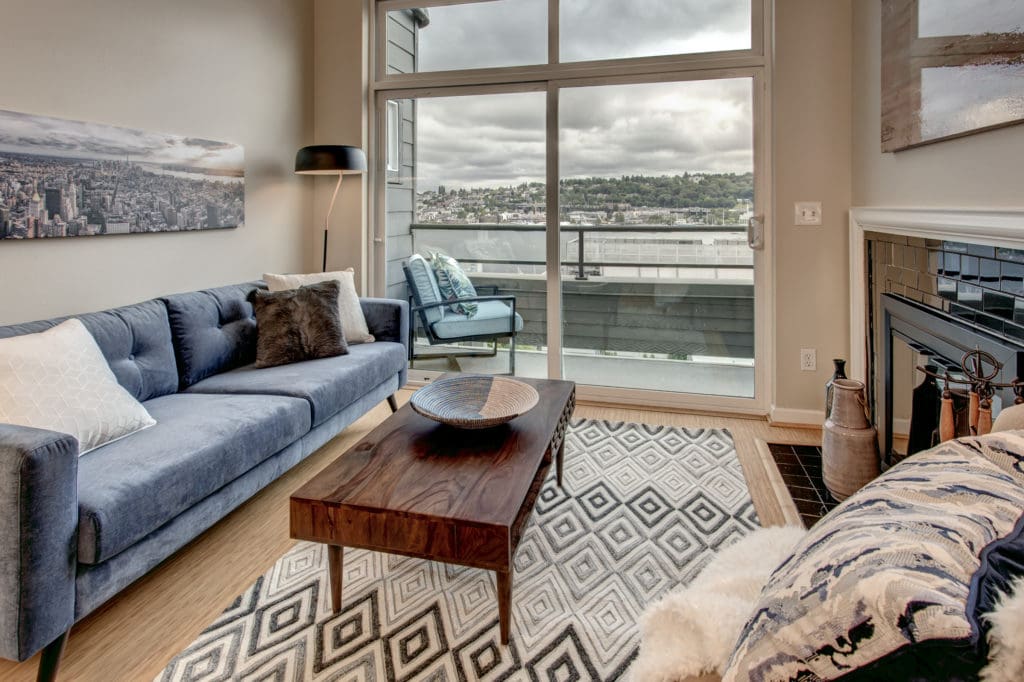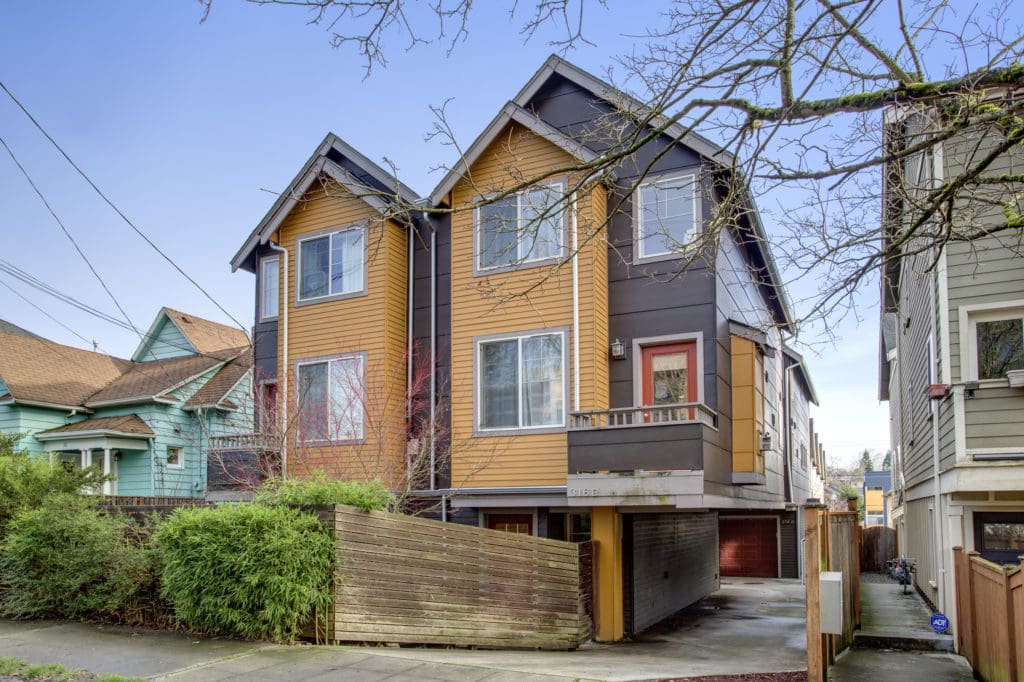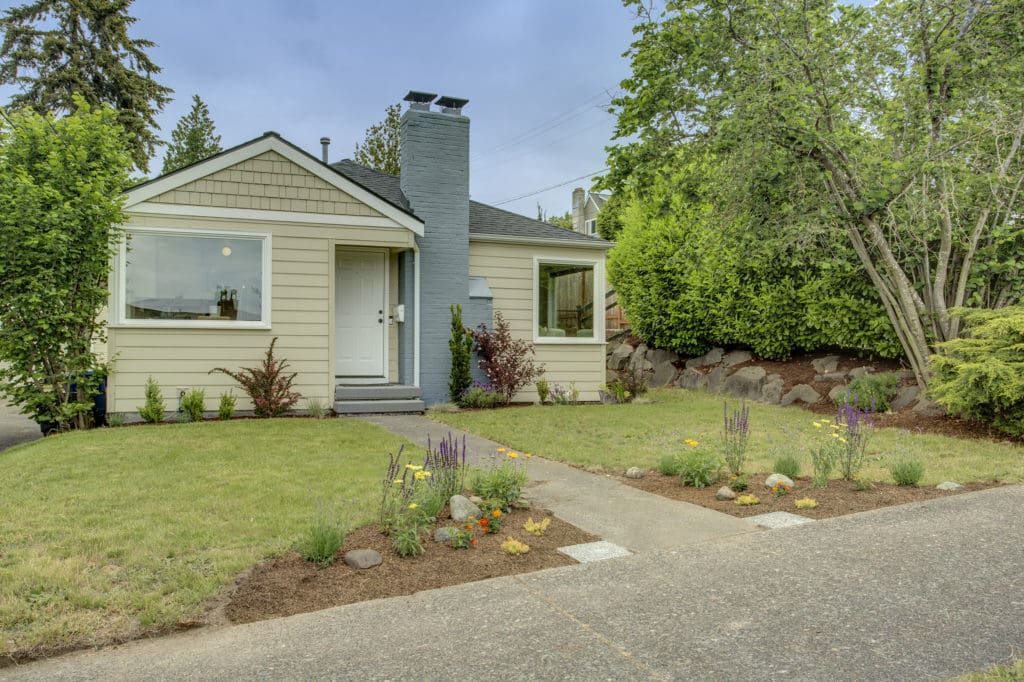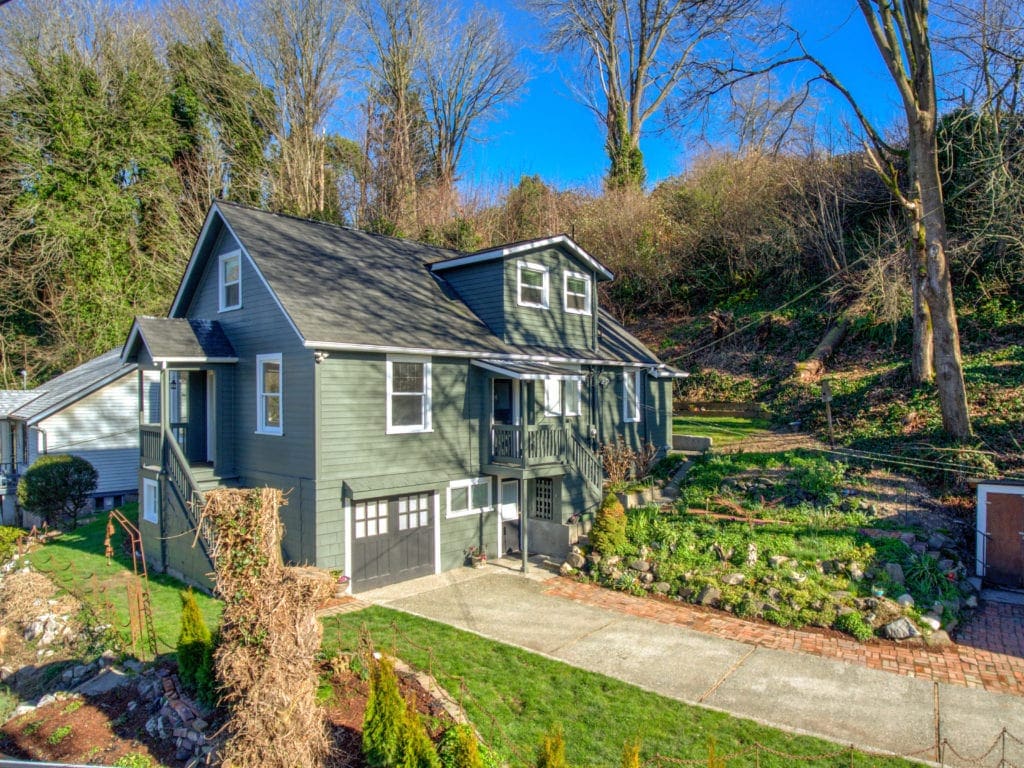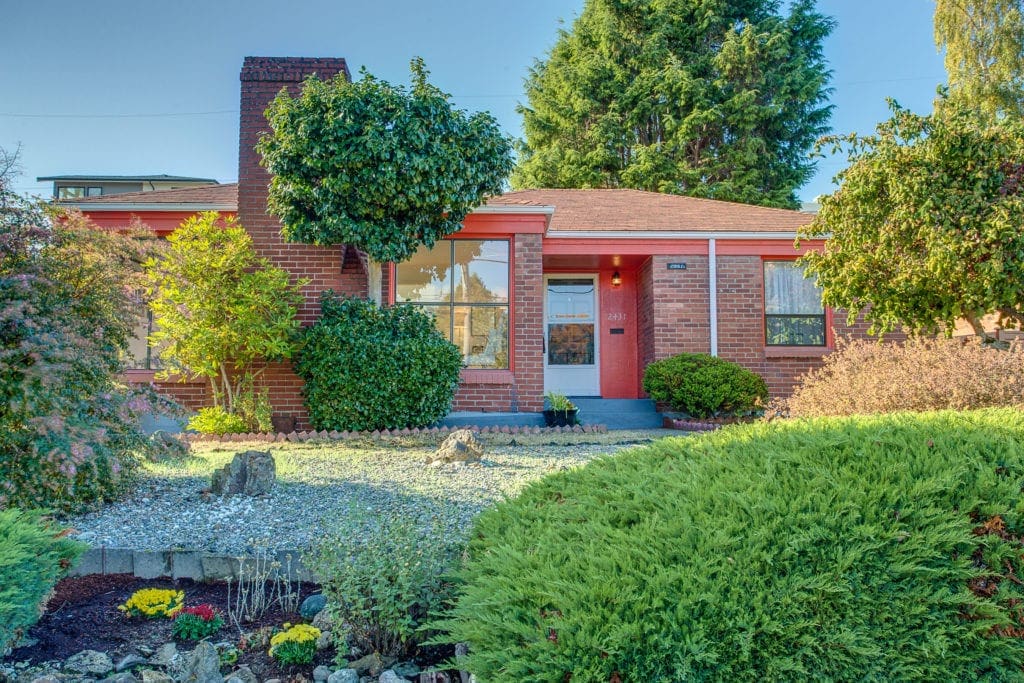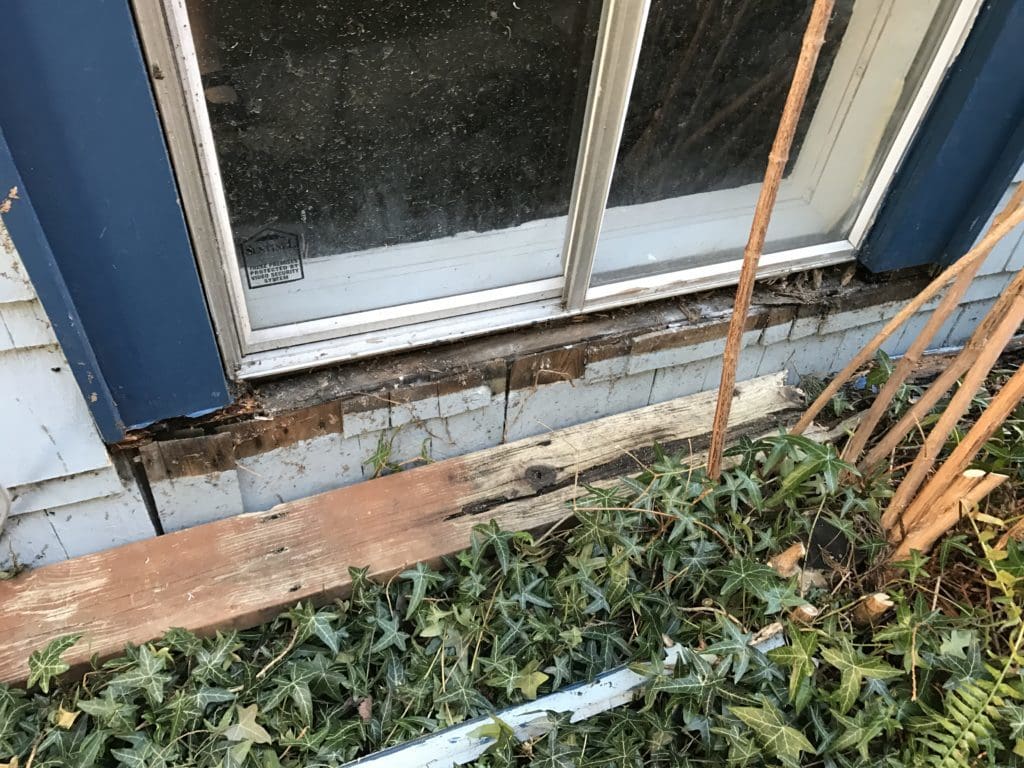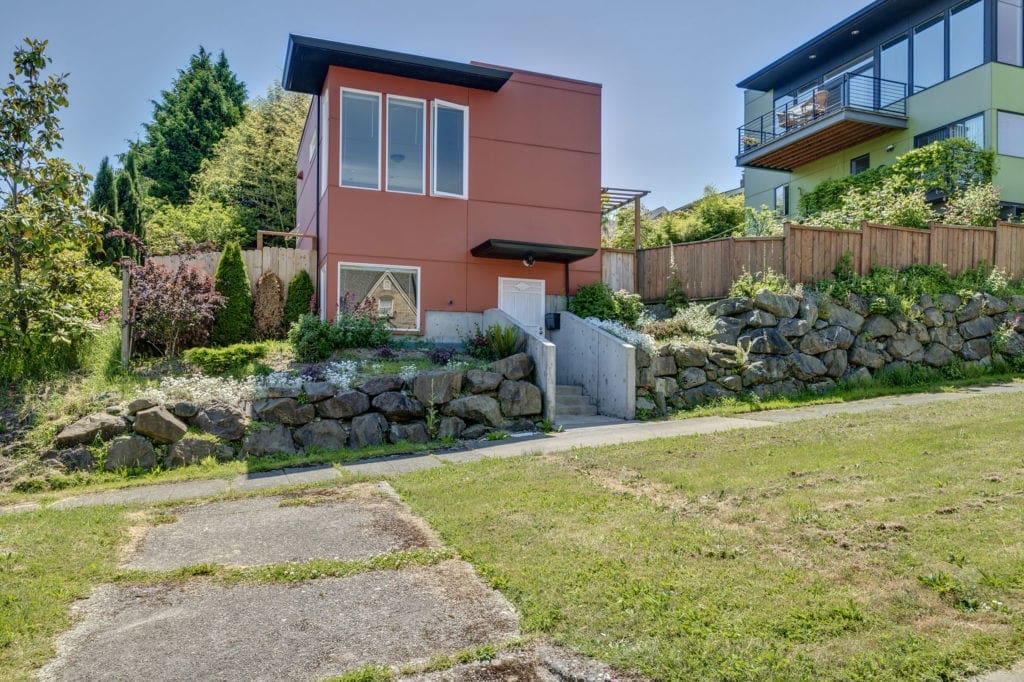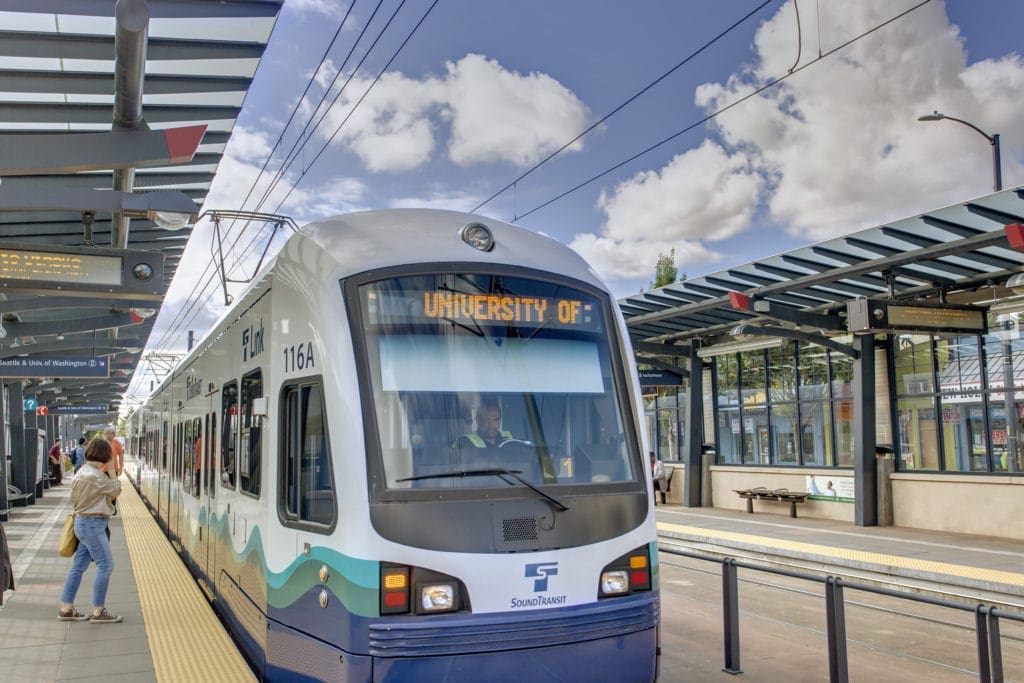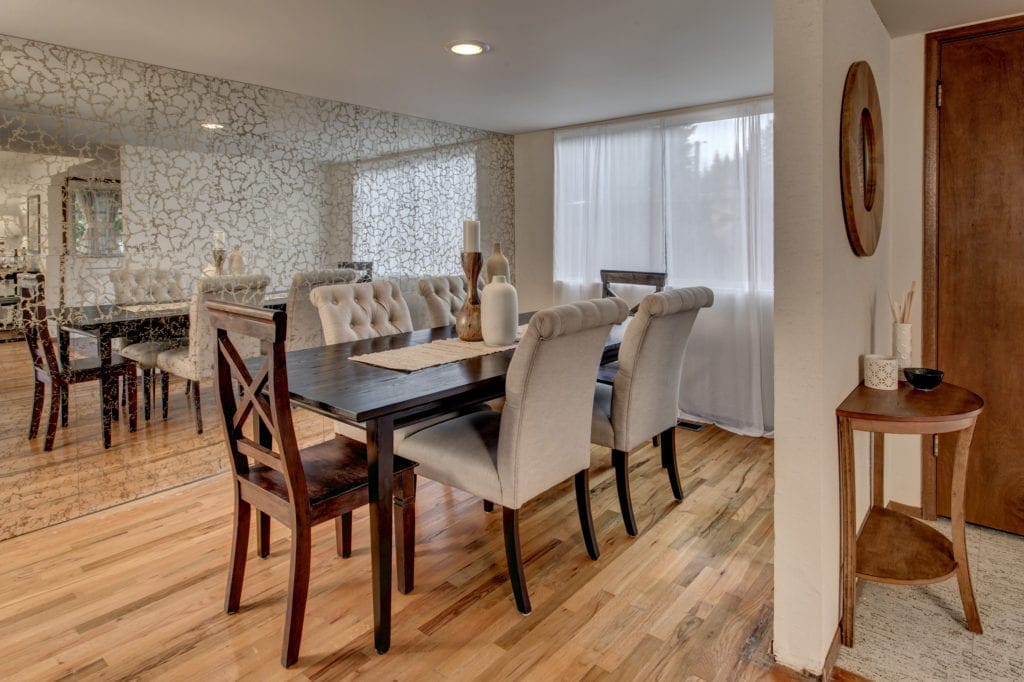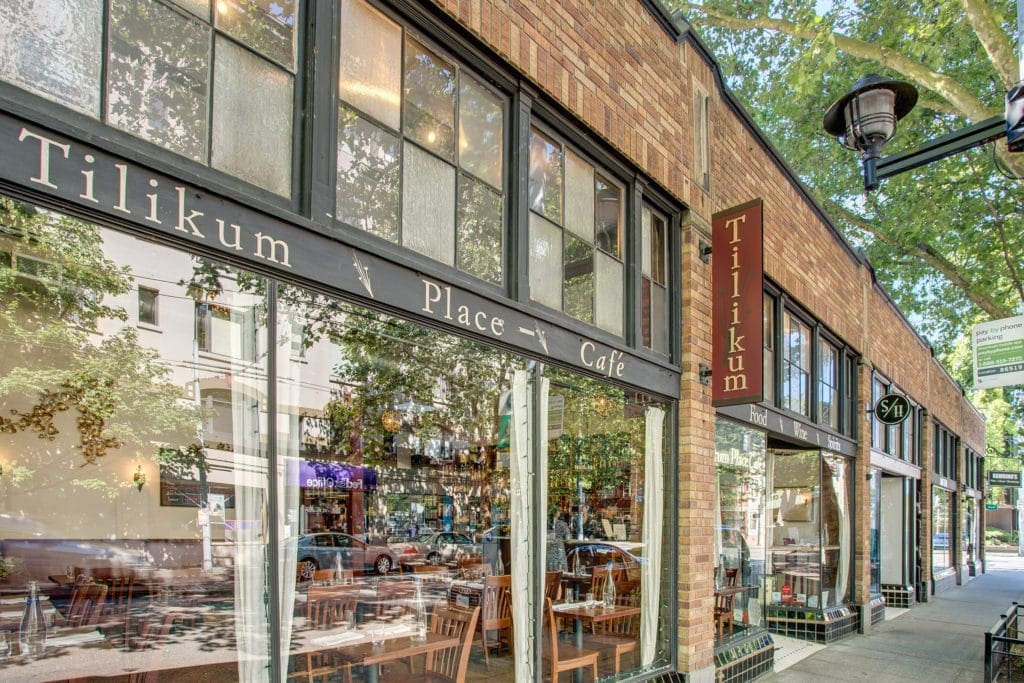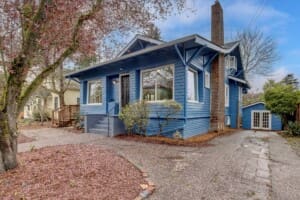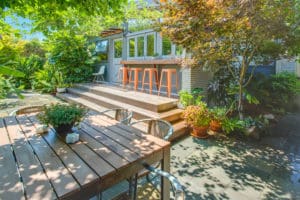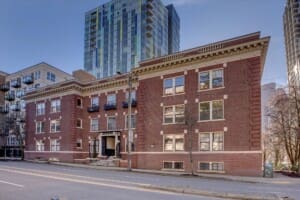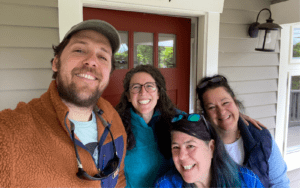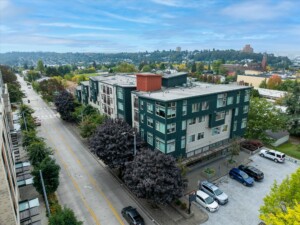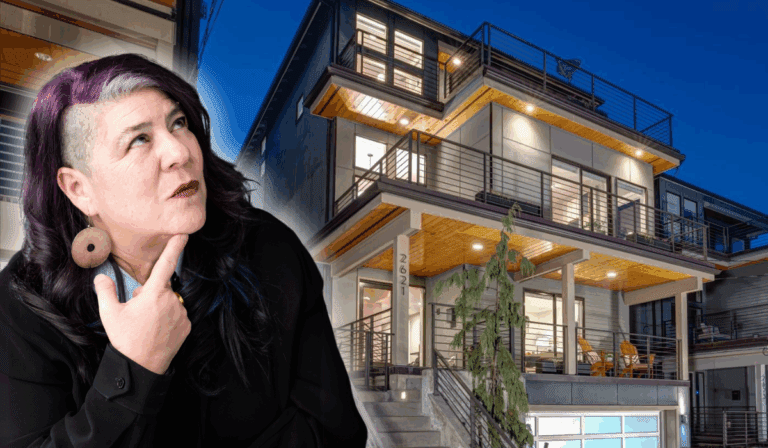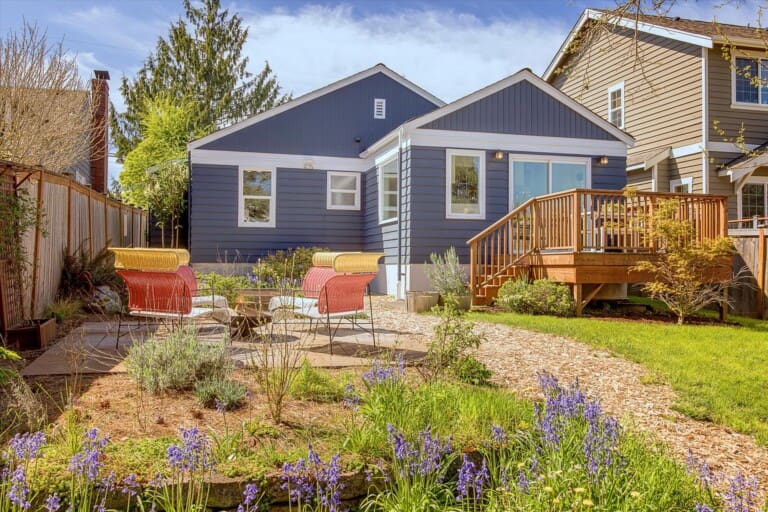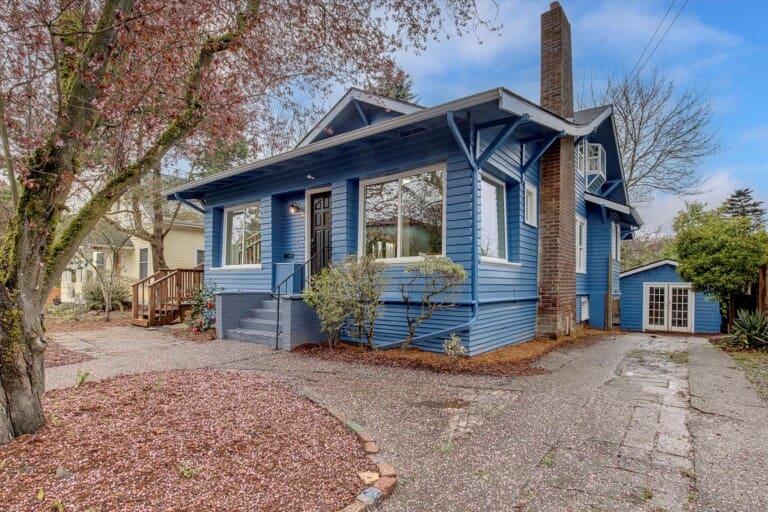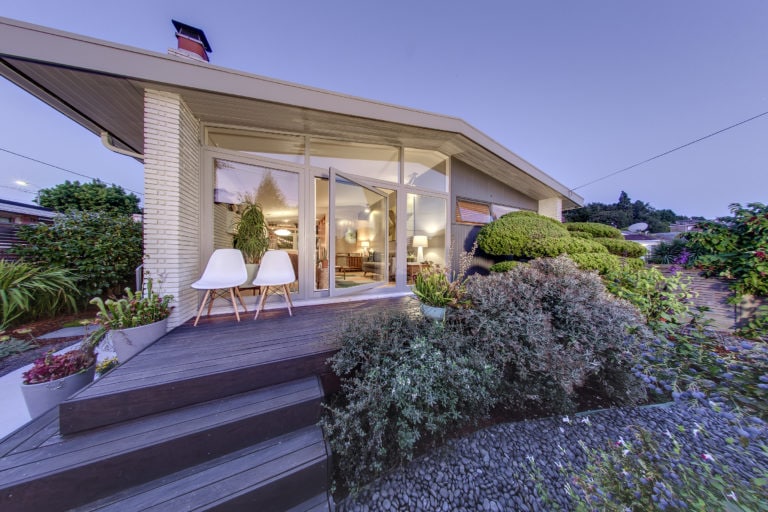Being a real estate investor requires patience, tenacity, and research. Thinking long-term isn’t just good for investors. It’s also better for the communities and cities where they buy property. This is not to say that short-term thinking can’t always pay off, but it isn’t always profitable. Let’s get started with our Savvy Real Estate Investor.
Types of Homes for a Savvy Seattle Real Estate Investor
The kind of building you choose should depend on the kind of investor you are.
The following list of investment property types is more or less ordered according to complexity (simplest to most involved).
- Condo
- Townhouse
- Single Family Home
- Duplex or Twin Home
- 4-Plex or Multi-Plex
Condo Real Seattle Estate Investments
This is not to say that investing in a condo is hassle-free, but day-to-day maintenance in common areas is handled by a condo association, as well as most structural issues. (That’s why you’re paying those monthly dues, after all.)
Pro Tip: Make sure that you know what the rental cap is in a condo building before you buy. Also note that co-ops are not on this list because in many cases the co-op won’t allow renters. (Educate yourself about the significant differences in our condo vs co-op guide.)
Townhouse Seattle Real Estate Investments
If you go for a townhouse, you get the benefits of a community but without the HOA dues. Owners manage their individual properties, but with the understanding that everyone needs to chip in and do major work together (paint, yards, etc..). Added bonus: There are no rental caps. So you can rent as long as you want to whoever you want within Seattle guidelines.
Single Family Homes Seattle Real Estate Investments
There is a major jump in responsibility and potential when you move to single family homes. If you are passionate about houses, it can be easy to be seduced by a cute single family home, and these kinds of properties can be very valuable. However, they require much more work and maintenance, so think hard before you invest.
Multi-Family Seattle Real Estate Investments
The easy entrance into multi-family homes are Duplexes, Triplex, and Four-Plexes. You can still get still get an owner-occupied loan (if you live in one of the units).
Many of our clients love the idea of owning a Duplex or a home that has an ADU/DADU (detached mini homes). Team Diva is personally a huge fan of increasing the ability for more homeowners to build small homes in or on their property. Not only does it give them additional income but it opens up more affordable and diverse housing stock in our community.
Real Talk About Housing in Seattle: Affordability, Diversity, and Backyard Cottages
Huge Multi-Family Real Estate Investments
Once you go over five units you are in a whole different league of real estate investing: multi-plex housing. You are really looking at something more akin to a business than a simple investment. You’ll either be devoting a lot of time to these properties yourself, or hiring a property manager (or management company). In the latter case, your income will be reduced, but it will be more passive. That brings us to the next point:
Avoid Multiple Offers
Bidding wars are quite common these days. People are desperate for their own home and fall in love with certain properties. The heart wants what it wants, but as an investor you can’t get romantic.
There are still plenty of homes that are not getting multiple offers in this market. They are typically poorly marketed or a little overpriced. Be prepared to deal and get in quick before others catch on. Do your due diligence and/or work with an agent who knows the market really well.
And sometimes the right house, the best neighborhood comes along, and you have to go for it by any means necessary.
Now let’s talk about more specific qualities to seek in an investment home.
Look for a Property that Needs Some Love
Land is so valuable in Seattle that even tear-downs are going for record prices in some neighborhoods. If you want your investment to be generating revenue, you don’t want a tear-down. A fixer-upper is another matter. It doesn’t take much to get a house patched up for renters if you want a rental property.
New construction has slightly softened the rental market for studios and one-bedroom units, but there is still far more demand than supply. This is especially true for 2+ bedroom single family and pet-friendly dwellings for families. These renters aren’t looking for a dream home; they want a place where they and their kid (or pet) can live while they save for that home. You just need to know what to prioritize to make your house appealing to these kinds of renters. More on that later.
Be Realistic About Your Ability to Work on Your Investment Property
We’ll keep this simple. If you can’t or don’t want to work on your investment property, your best bet is finding a home in great condition (paying more up front) or getting a condo or townhome with reliable maintenance. If you can do some work and want to get creative, you can cut the cost of your initial investment. In Seattle, with its high percentage of single-family homes, this probably means finding a little fixer. We’ve got lots more to say on that below.
If you think you have the gumption for a full renovation, bear a few things in mind:
- Big projects like this always take more time and money than you might suspect.
- Don’t justify a major renovation as a trial run for your own home. If you want a sandbox to build things, get that.
- We all make mistakes in our first renovations. It only gets more drawn out and expensive when you are dealing with a second home separate from your own.
- Finding contractors in Seattle is very hard. We have more construction happening than any other city in the nation right now.
- Do you have the time to manage the project yourself?
In short, pride cometh before a fall. If you don’t have experience in big renovations, you might just be in for an expensive education. And hey, education is great. You should totally invest in yourself. Just don’t do it at the expense of the home you were ACTUALLY trying to invest in.
If that major renovation has to happen and you decide to hire a contractor, get ready to pay top dollar. With all the construction happening, contractors are in high demand and their prices reflect that.
Look for Lots with Backyard Cottage Potential
We love backyard cottages! Above is an adorable little home that our client built in their backyard on Beacon Hill. Roy helped them get a renter that was a good addition to their little community. But a lot of the interested parties wanted the home as a Vacation Home.
Seattle has been slow to adopt policies to promote the construction of these kinds of outbuildings, but things are getting better. If your lot meets the minimum requirements, you should consider adding a backyard cottage of your own. They improve density in the city, add value to your investment, and can even become a second rental income.
Read our guide on backyard cottages to get inspired. The minimum lot size and height for homes means that you’ll probably have to look for properties outside the urban core. (Unless you want to spend a fortune, that is.) You may even find that you’ll want to live in the main home and simply add the backyard cottage for rental income. If so, it will also benefit you to look in neighborhoods where the zoning doesn’t demand that you provide off-street parking for your cottage,
Look for Homes Near Future Light Rail Lines
We are enthusiastic about the many Light Rail expansion planned for our area. (Better late than never, right?) There’s no question that the stations are changing the neighborhoods around them. Commuters (especially renters new to the area) want easy access to mass transit, and the Light Rail is the fastest we have. This really has expanded investment opportunity outside the wildly expensive urban core. Outlying neighborhoods connected by good transit have been among the best performers, percentage-wise.
The future Light Rail lines will extend throughout Seattle and beyond in multiple phases over the next decade. (You are still playing a long game with your investment, right? Good.) Check out this map of ST3 and read more about the plans on the Sound Transit website. Many of the properties around these lines are condos and townhomes, making them less expensive, easier investments.
One more piece of good news: The last few Light Rail additions actually came in slightly ahead of schedule and under budget. In a town full of expensive, protracted boondoggles, this feels like a small miracle. More importantly, it feels reassuring when you are investing in real estate based on these plans and projections.
When the property is yours, it’s time to get it ready for occupants.
Make Necessary Repairs and Improvements
If you’ve just bought a property that isn’t new construction, you’ll have a ready list of things that need fixing from the home inspection. Ideally, there won’t be any major repairs needed, but there is always room for improvement. Now isn’t the time to make big structural changes to change the layout or update the kitchen. You just need to make it comfortable, and that’s a matter of prioritizing.
Top priority: Fix what needs real repairs to prevent deterioration. Leaks, broken fixtures, failing seals on doors and windows, etc. Do not neglect this step. It doesn’t just protect your home from the elements and keep utility bills lower. An unsafe home can be a liability if you want occupants.
Secondary priority: Make easy, inexpensive improvements that add value and charm for occupants. For instance, the photo above is from an estate sale we completed earlier this year. Take down these mirrored walls and get the floors refinished will give your rental a huge boost. Give the walls a coat or two of fresh white paint. Clear out any dead plants in the landscaping and put in something hardy but attractive. (Careful with bamboo, ivy, or other invasive plants! If you aren’t there to manage them, they can take over fast.)
Tertiary priority: Make additional aesthetic improvements to stage the space for occupants. A dated kitchen can be spruced up to have a charming retro vibe. The weird, colored tile in the bathroom will look much better when it’s scrubbed spotless and complemented by bright, white towels and some succulents.
Buy For Appreciation Not Rental Income In Seattle
Rents flex over time. They’ve been rising precipitously in Seattle, exacerbating an affordability and homelessness crisis. This isn’t just a matter of greed by mom and pop landlords but many of them are raising rents because their property taxes have also climbed very high. Luckily the rate of price appreciation has gone up higher than rental rates. In fact, there are a lot of signs that apartments have started to go down in prices. Hence, buy for the longterm value of the home and not for the immediate return on your rent.
The number one reason people buy in Seattle is that their money will make money in the long term.
The cost to purchase in Seattle is higher than what you will get back on your rental income. But land is limited. Hence Any property you own will make money as long as you hold on to it for a very long time.
Pro-Tip: We actually recommend keeping your rents a little below market average. This encourages renters to stay put, so you don’t lose rental income, time and energy looking for others. (Its especially true if you have managed to find renters that are respectful of the property. You can’t put a price on that.)
Keep Up To Date on Many of Seattle’s Changing Rental Rules
Seattle has been stumbling through the housing affordability crisis and has made it tougher to be an average Joe/Jane/J-They landlord. You need to get your home registered with the city, get it inspected, and follow a series of intense rules to manage your property. Check out the City of Seattle Rental Registration site here.
Last Nugget of Wisdom
Chavi’s great-grandmother pulled herself out of the great depression by buying her first lakefront property outside of Toronto. Over time she built herself a mini rental business and was able to support her two kids. That legacy was passed down to Chavi’s grandmother, and now her own mother who owns three rental properties. Investing in real estate and building a community is the best way for the middle class to build wealth. Go out there and make it happen you savvy real estate investor in Seattle!





